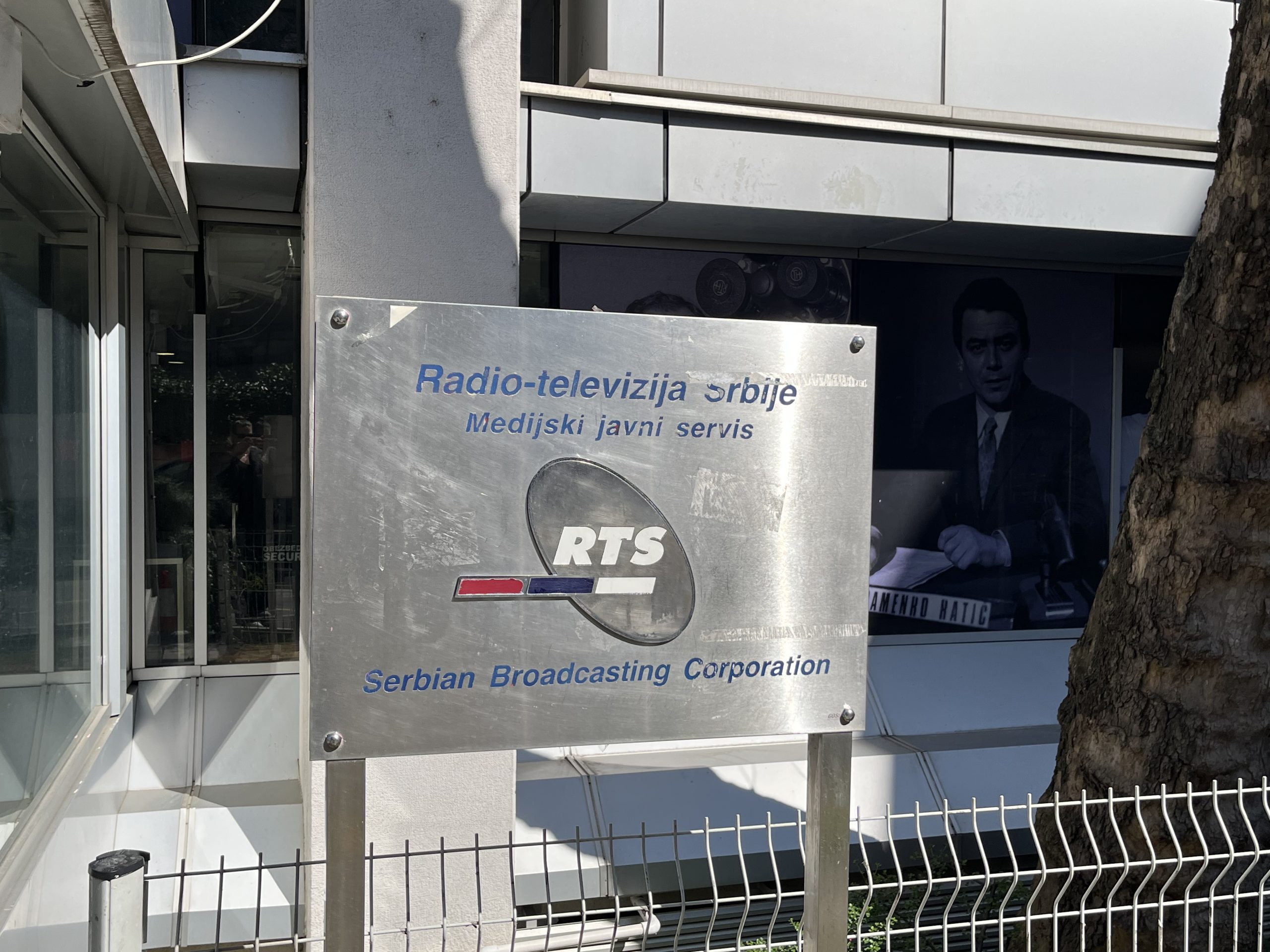Should the editor have removed the part where the boy says “students are fighting for justice”, should she have found a child who would say the opposite – “students are bad” in order to achieve balance and whether the child’s rights were damaged in the public service show
One children’s “students fight for justice” in the show “Važne sty” which is broadcast as part of the children’s program on RTS, caused a flood of comments, a report to REM, disciplinary proceedings and protests of support and support. Although there was the necessary parental approval for the child to speak on the show, the Management Board of the Public Service of Serbia is “suing” its journalists for violating the rights of minors in the field of providing media services.
Rade Veljanovski, retired professor of the Faculty of Political Sciences and former member of numerous regulatory media bodies, believes that the rights of the child were not violated in the RTS show, because according to the international UNICEF declaration on the rights of the child, the child has the right to express himself and express his opinion.
“The show is not political and the question came up spontaneously, so the child answered spontaneously,” Veljanovski told Vreme.
The topic was introduced by a child, not a journalist
Nevena Vučkovic Šahović, professor of international public law and children’s rights and founder of the Center for Children’s Rights, tells “Vreme” that “abuse of children for political purposes” is not common.
“The child expressed his authentic attitude about social events, which represents the realization of the right to participation,” explains Vučkovic Šahović. “The question posed in the show was not suggestive – the topic of students was spontaneously introduced into the conversation by the child himself. His statement was honest, unobtrusive and valuable precisely because it shows how some children perceive the social context.”
Are journalists allowed to do this?
The board of directors of RTS believes that journalists should not have published this part of the child’s answer.
“Journalists, both by law and by the code of ethics, have an obligation to do their work with care appropriate to the circumstances,” explains Veljanovski. “If the circumstances are such that it can damage the show, make it pointless, then those are the circumstances that justify the removal of the content. However, this child’s statement did not cause any harm, neither to that child, nor to the audience, nor to the public interest. It is a topic that the whole of Serbia is buzzing about, and it is somehow normal that even children hear about it.”
Second opinion
It is considered unethical to give only one opinion in a text on a topic on which, as in this case, there are conflicting opinions.
Although Veljanovski says that “it would also be okay if a child said that blockades are not good”, he explains that this is not a situation in which a journalist should have sought out a child who thinks differently about student protests. The very thought of it sounds bizarre.
“Then it would be a construction, because this is not a political issue, but what children think about the society around them,” he says and says that “everything else would be a kind of censorship.”
However, Professor Veljanovski is concerned about the way this show is being talked about.
Tabloid censorship
Law professor Nevena Vučkovic Šahović, who has specialized in children’s rights throughout her career, says that “the media have the responsibility to make children’s voices visible, to ask them and to convey their opinions.”
“Attacks by tabloids and pressure on journalists discourage the media from giving children space, thereby further pushing children into invisibility and sending them the message that their opinion is unimportant. This not only denies them their right, but also denies children and society the opportunity to develop a democratic culture and active citizenship,” says Vučkovic Šahović.
He also reminds that Serbia has ratified the Convention on the Rights of the Child, and its Article 12 clearly stipulates that every child has the right to freely express his opinion on issues that concern him and that this opinion be taken into account in accordance with his age and maturity.
Anger over a child’s opinion
And Rodoljub Šabić, a lawyer and former commissioner for information of public importance, wrote on social networks that “for several days, the media close to the government have not stopped writing about the video from the children’s show ‘Važne styri’ on RTS”.
He believes that the realization of “the political or participatory rights of children guaranteed by the Convention is not an abuse of children for political purposes”.
“Political topics are not reserved only for adults and political views are not relevant only when they are expressed by adults. The abuse of children for political purposes is only the deliberate, organized use of children in events that have a party or propaganda political character. And one question, which considering the course of the conversation is logical and not at all suggestive, is certainly not that in a show adapted to the age of children,” emphasizes Šabić.
Šabić also says that “the reason for the chase we are witnessing is not any alleged abuse of the child, but anger over the content of the answer to which the boy was entitled”.
Source: Vreme




